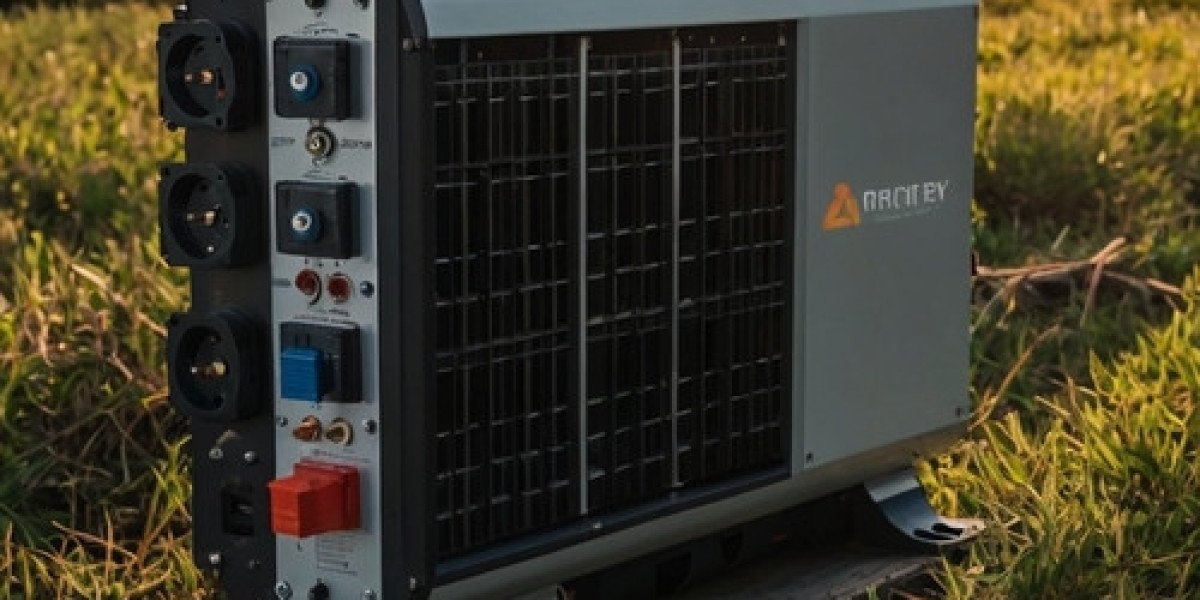Vietnam has emerged as a leading player in Southeast Asia’s renewable energy sector, with solar power playing a pivotal role in the country’s clean energy transition. The government’s commitment to reducing carbon emissions and increasing energy security has led to rapid expansion in solar power installations across the nation. One of the most critical components of any solar power system is the solar inverter, which converts direct current (DC) electricity from solar panels into usable alternating current (AC) electricity for homes, businesses, and industrial applications.
The Vietnam Solar Inverter Market is witnessing steady growth due to rising solar energy adoption, government incentives, and technological advancements in inverter systems. As the country strives to meet its ambitious renewable energy targets, the demand for efficient and reliable solar inverters is expected to rise significantly.
Key Drivers of Market Growth
Government Policies and Incentives
Vietnam has implemented several policies to encourage the adoption of solar power. Feed-in tariffs (FITs), tax incentives, and favorable regulations have played a crucial role in attracting investment in the solar sector. The government’s long-term vision includes expanding solar power generation capacity, further driving the demand for solar inverters.
Rising Electricity Demand
With industrialization and urbanization on the rise, Vietnam’s electricity consumption is increasing rapidly. To meet this growing demand sustainably, the country is investing heavily in solar energy, which in turn is driving the need for high-quality solar inverters capable of managing energy efficiently.
Technological Innovations in Solar Inverters
Advanced solar inverter technologies, such as smart inverters, hybrid inverters, and AI-powered energy management systems, are enhancing efficiency and reliability. These innovations allow for real-time monitoring, better energy conversion, and improved grid integration, making solar power more viable and attractive for consumers.
Emerging Market Trends
Shift Towards Smart and Hybrid Inverters
Traditional inverters are being replaced by intelligent hybrid models that offer features like battery storage compatibility and remote monitoring. These inverters help users optimize energy consumption and store excess solar power for use during peak demand hours.
Growth in Distributed Solar Power Systems
Rooftop solar installations in Vietnam are expanding rapidly, particularly in residential and commercial sectors. This trend is increasing the demand for compact and efficient solar inverters that can seamlessly integrate with local energy systems.
Adoption of AI and IoT Technologies
AI-powered solar inverters are improving energy efficiency by optimizing power generation based on weather conditions and grid demand. IoT-enabled inverters allow real-time data monitoring, helping consumers track and optimize energy usage more effectively.
Challenges Impacting Market Expansion
Grid Stability Issues
The rapid growth of solar power presents challenges for Vietnam’s electricity grid, which was not initially designed to accommodate high levels of decentralized energy production. Implementing grid modernization strategies and smart inverter technologies will be essential to ensuring stability.
High Initial Investment Costs
Although the cost of solar panels has decreased significantly, high-quality solar inverters remain a substantial investment. Financial solutions such as leasing models and government subsidies can help make solar energy more accessible to a larger audience.
Regulatory and Policy Uncertainty
Changes in government incentives, such as adjustments to FITs, can create uncertainty for investors and consumers. A stable policy environment will be necessary to maintain market confidence and ensure long-term growth.
Future Outlook
The Vietnam Solar Inverter Market is set to expand significantly as the country continues its transition to renewable energy. With increasing investments, technological advancements, and government support, solar inverters will play a crucial role in shaping Vietnam’s energy future. The focus on smart grids, battery storage, and AI-driven solutions will further enhance the efficiency and sustainability of solar power systems by 2031.









